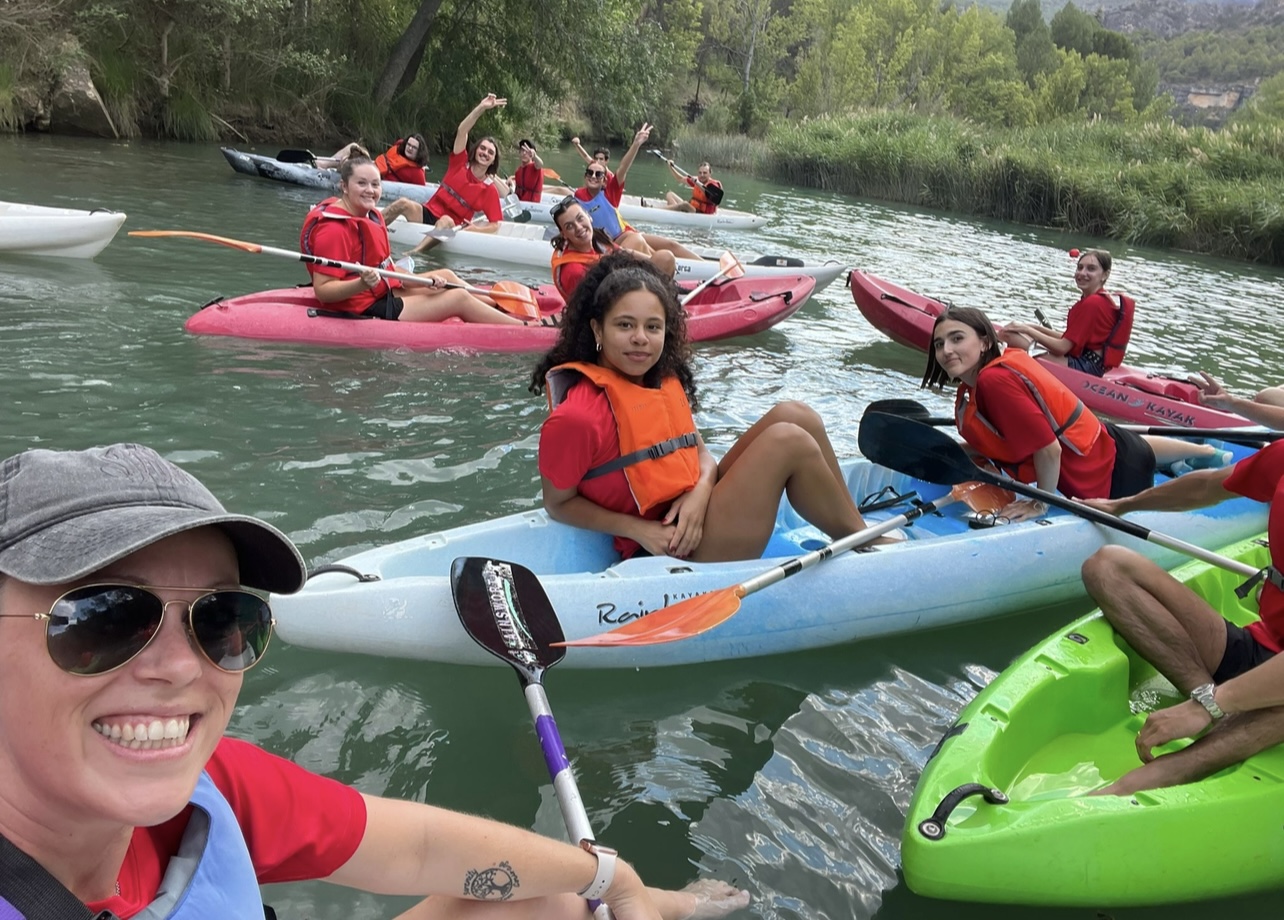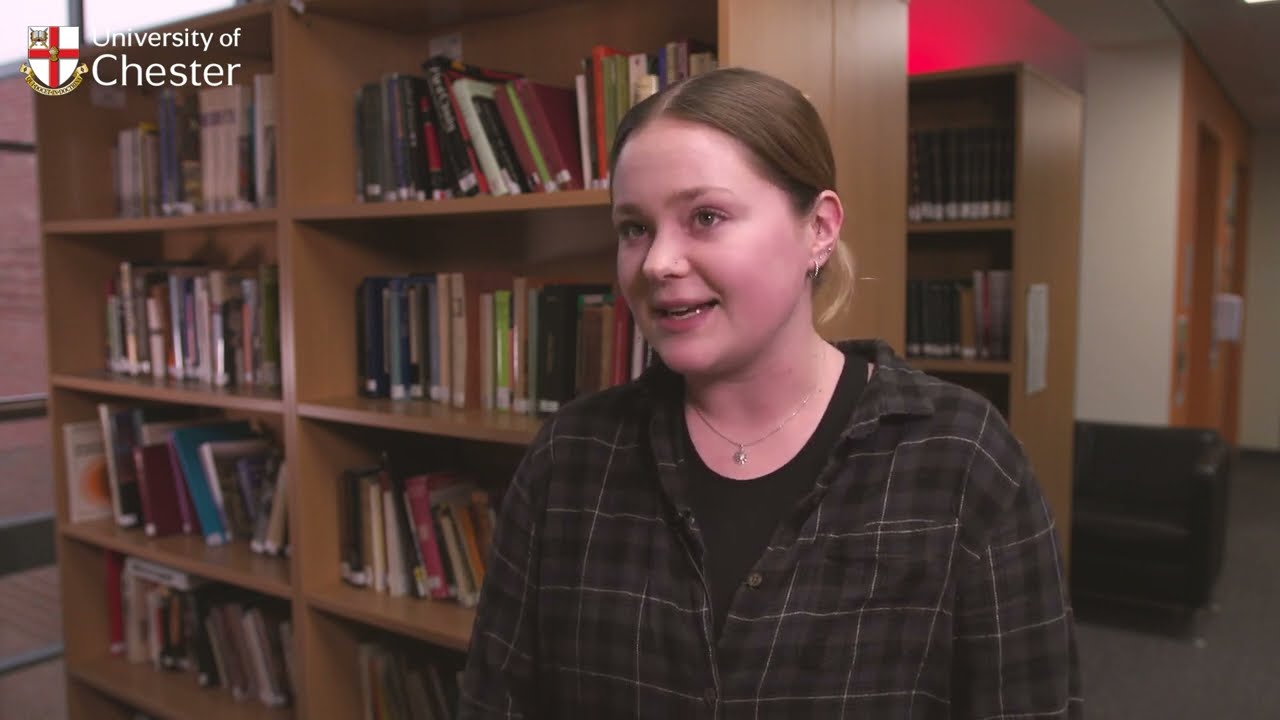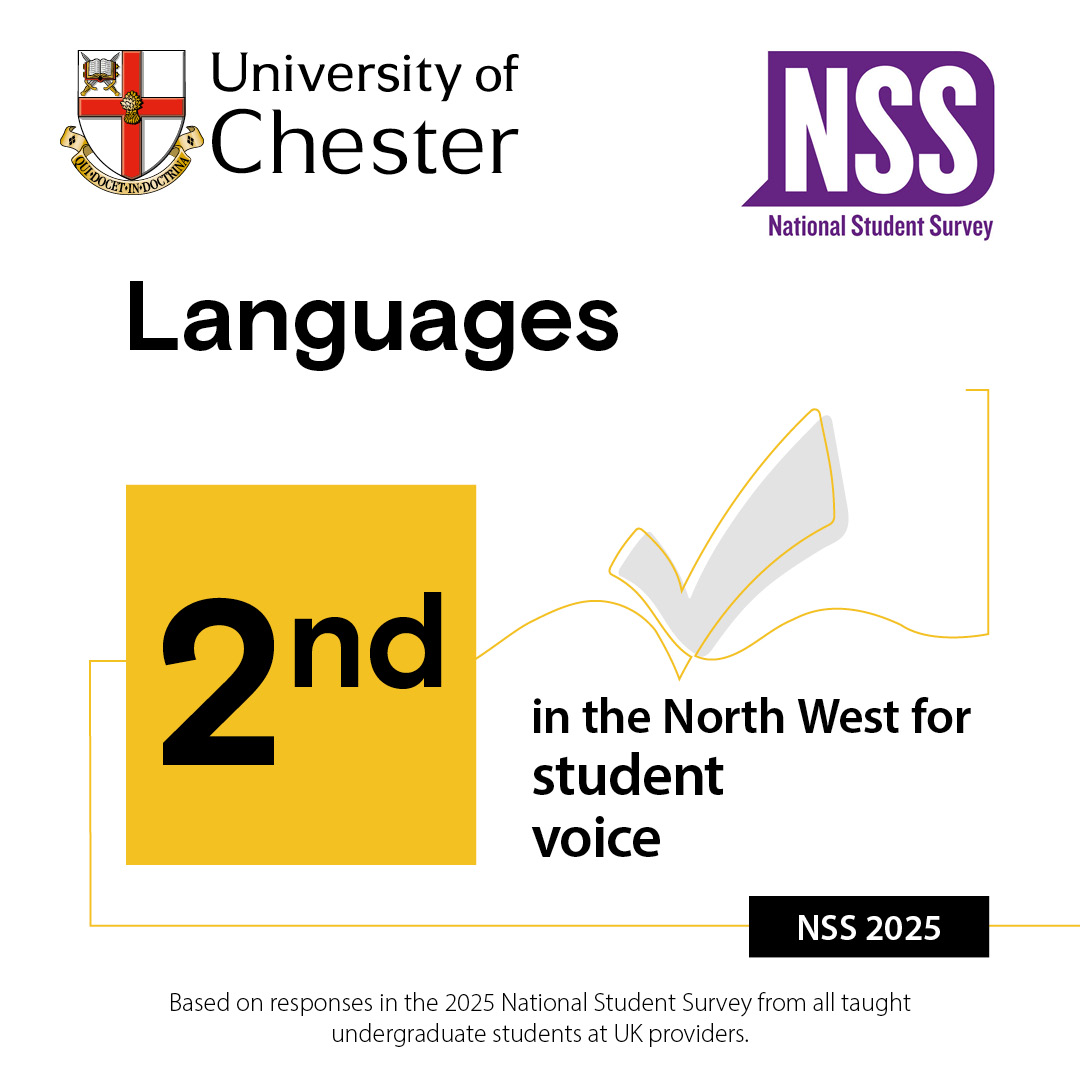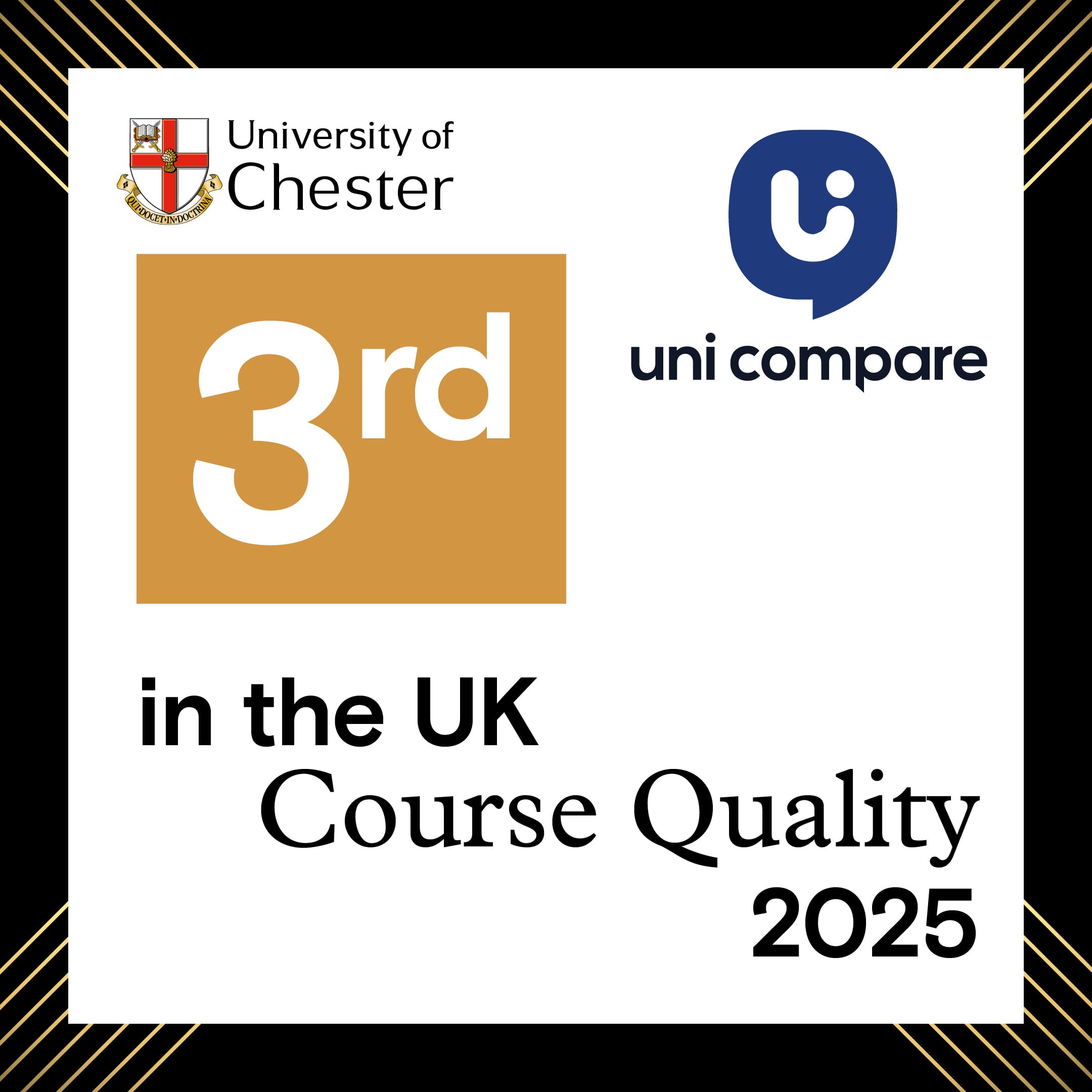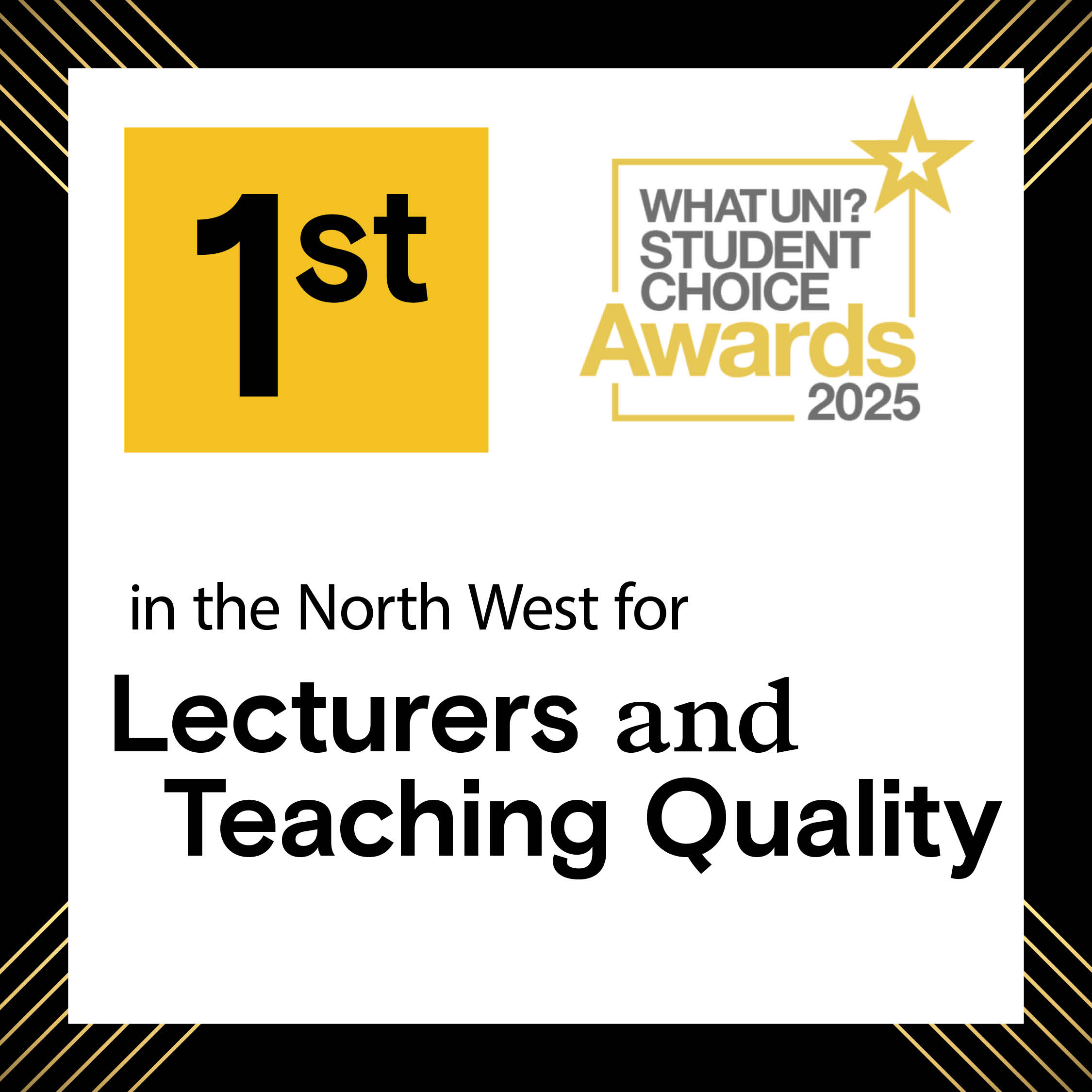112UCAS Points
|
UCAS Tariff |
112 points |
|
GCE A Level |
Whether you study a single, double or triple language option a GCSE in language/s is required. An A Level in your main language is required for post A Level sets. Typical offer – BCC-BBC |
|
BTEC |
Pearson BTEC Level 3 National Extended Diploma (first teaching from September 2016): DMM Alongside relevant Language qualification as stated above. |
|
International Baccalaureate |
28 points - To include 5 in a HL Language for post A Level sets. Or a GCSE in language/s is required for cohort 2. |
|
Irish / Scottish Highers |
Leaving Certificate in Higher Level (Ireland) (first awarded in 2017) - H3 H3 H3 H3 H4 Scottish Highers - BBBB |
|
Access requirements |
Access to HE Diploma, to include 45 credits at level 3, of which 30 must be at Merit or above Alongside relevant language qualification as stated above. |
|
T Level |
Merit |
|
OCR Cambridge Technicals |
OCR Extended Diploma: DMM |
|
Extra Information |
Welsh Baccalaureate Advanced and A level General Studies will be recognised in our offer. We will also consider a combination of A Levels and BTECs/OCRs. |
Students from countries outside the UK are expected to have entry qualifications roughly equivalent to UK A Level for undergraduate study and British Bachelor's degree (or equivalent) for postgraduate study. To help you to interpret these equivalents, please click on your country of residence to see the corresponding entry qualifications, along with information about your local representatives, events, information and contacts.
We accept a wide range of qualifications and consider all applications individually on merit. We may also consider appropriate work experience.
English Language Requirements
- IELTS Academic: Undergraduate: 6.0 (minimum 5.5 in each band)
- Postgraduate: 6.5 (minimum 5.5 in each band)
For more information on our entry requirements, please visit International Entry Requirements.



